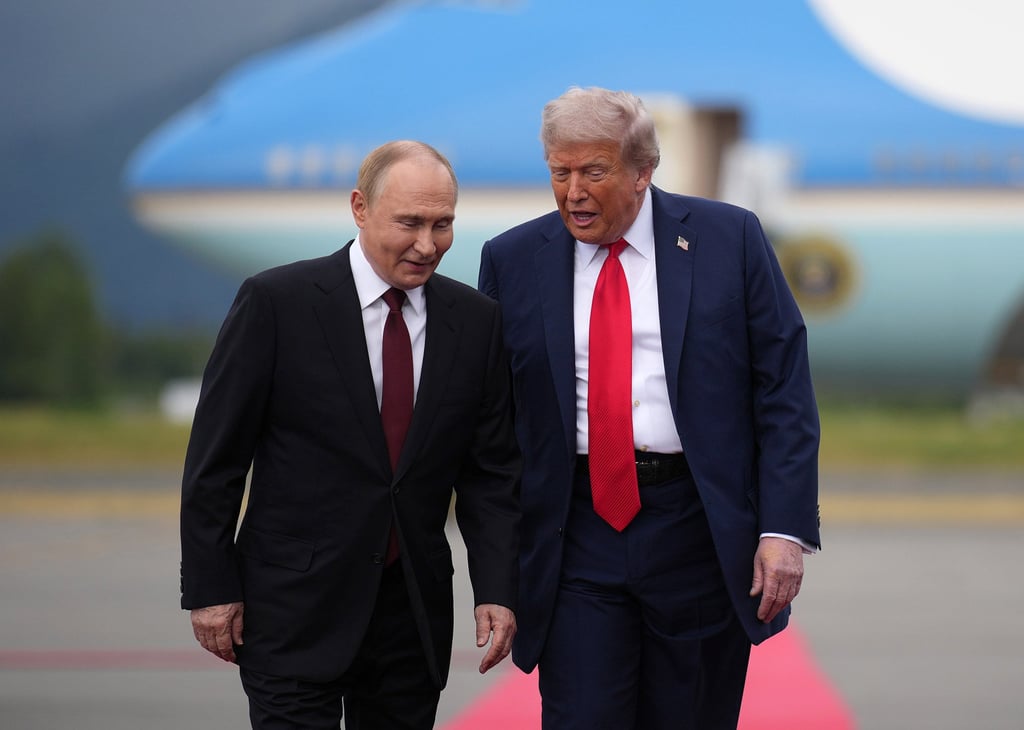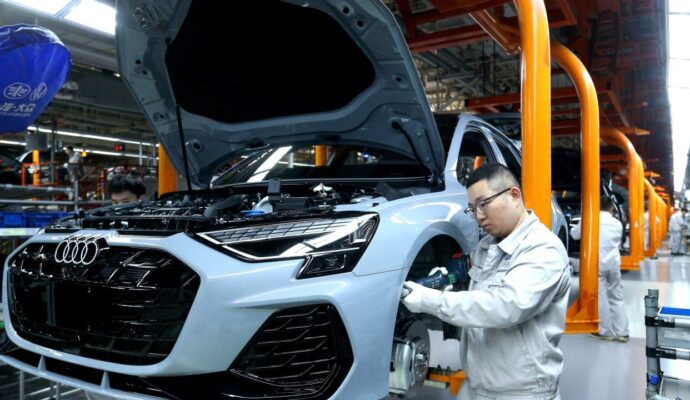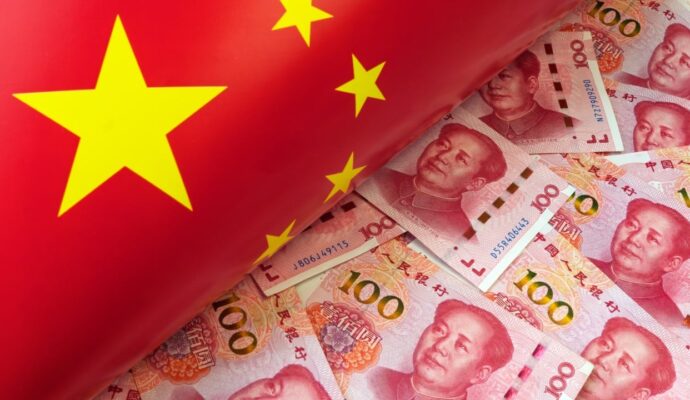US President Donald Trump’s summit in Alaska last month with Russian leader Vladimir Putin failed to revive long-stalled nuclear negotiations or advance efforts to preserve the last major arms control pact between Washington and Moscow, which is set to expire in February.
Advertisement
Trump’s subsequent push for trilateral “denuclearisation” talks involving China elicited a firm refusal from Beijing, underscoring challenges to extending the New Strategic Arms Reduction Treaty (New START) amid fears of a fresh nuclear arms race, analysts said.
Following the summit, Beijing, with its long-standing policy of “no first use” and a nuclear strategy rooted in self defence, spurned Trump’s proposal, with Chinese foreign ministry spokesman Guo Jiakun calling it “neither reasonable nor realistic”.
“China’s nuclear strength is by no means on the same level as that of the US,” Guo said. “Our nuclear policy and strategic security environment are also completely different.”

For decades, China has stated it maintains its nuclear strength at the minimum level required by national security and that it never engages in an arms race with anyone.
Advertisement
But it is estimated to have accelerated its nuclear build-up, expanding its arsenal from roughly 500 warheads in early 2024 to about 600 by January 2025, according to the Stockholm International Peace Research Institute (SIPRI).

